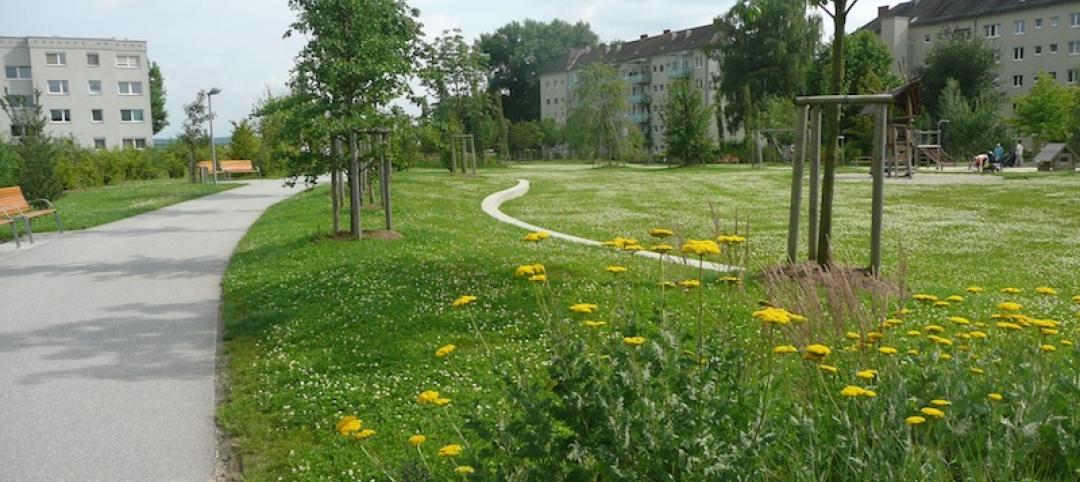While organizations such as the International Code Council set energy efficiency standards, in the U.S., state and local governments have the responsibility of adopting their own building codes.
This decentralized approach to code adoption means much of the work of reducing the carbon impact of buildings is occurring in statehouses and city halls. As a result, a growing group of clean energy and efficiency advocates are focusing on instituting local code amendments that improve on the model code.
In Minnesota, for instance, a coalition of cities and environmentalists are advocating for policy that would shift commercial buildings to net-zero by 2036. The New Buildings Institute (NBI) has submitted code proposals in that state to make new buildings electric-ready. NBI is also working on proposals for Wisconsin and Michigan.
New York, Seattle, and Massachusetts have strengthened building codes beyond the national standard, while lawmakers in nearly 20 states, including Wyoming, Iowa, and Colorado, have considered legislation that would prohibit bans on gas in new buildings. These developments indicate that the fight over energy efficiency code provisions is likely to heat up.
Related Stories
| Jan 8, 2014
United Association, NRDC seek major plumbing code changes
Proposed changes include mandating the insulation of hot water piping in new buildings.
| Jan 2, 2014
EPA move to assert oversight on small bodies of water among top regulatory battles for 2014
The EPA has started the process of declaring that it has the power to regulate streams, brooks, and small ponds.
| Jan 2, 2014
Paseo Verde in Philadelphia is nation’s first LEED Platinum neighborhood development
Paseo Verde, a mixed-use, mixed-income community hosted a ribbon cutting ceremony last month.
| Jan 2, 2014
Green infrastructure prominent in Akron, Ohio's sewer plans
City officials in Akron, Ohio want to prevent stormwater from entering its combined sewer system through the use of green infrastructure.
| Jan 2, 2014
OSHA to hold public meeting on proposed rule to improve tracking of workplace injuries
The Occupational Safety and Health Administration (OSHA) has scheduled a public meeting to allow interested parties to comment on the proposed rule to improve tracking of workplace injuries and illnesses.
| Jan 2, 2014
Measuring whole building energy use among big changes in LEED v4
A new prerequisite in LEED v4 calls for each project to measure whole building energy use, and then share that data with USGBC.
| Jan 1, 2014
San Francisco hosts Net Positive Energy + Water Conference
The Living Building Challenge’s Net Positive Energy + Water Conference will be held Feb. 4-5 in San Francisco.
| Dec 27, 2013
California’s new Title 24 energy code compliance date pushed back to July 1, 2014
Due to the stringency of the provisions in California’s new Title 24 energy codes, their implementation has been postponed until July 1, 2014 to allow jurisdictions and engineers to prepare for them.
| Dec 27, 2013
$1 billion 'city within a city' development approved by Coachella, Calif., city council
The mega development includes 7,800 homes, a retail center, office space, and nearly 350 acres of open space.
| Dec 26, 2013
OSHA may require companywide reporting of injuries and illnesses
The Occupational Safety and Health Administration is considering a change in policy that would require organizations to submit company-wide data on illnesses and injuries.

















